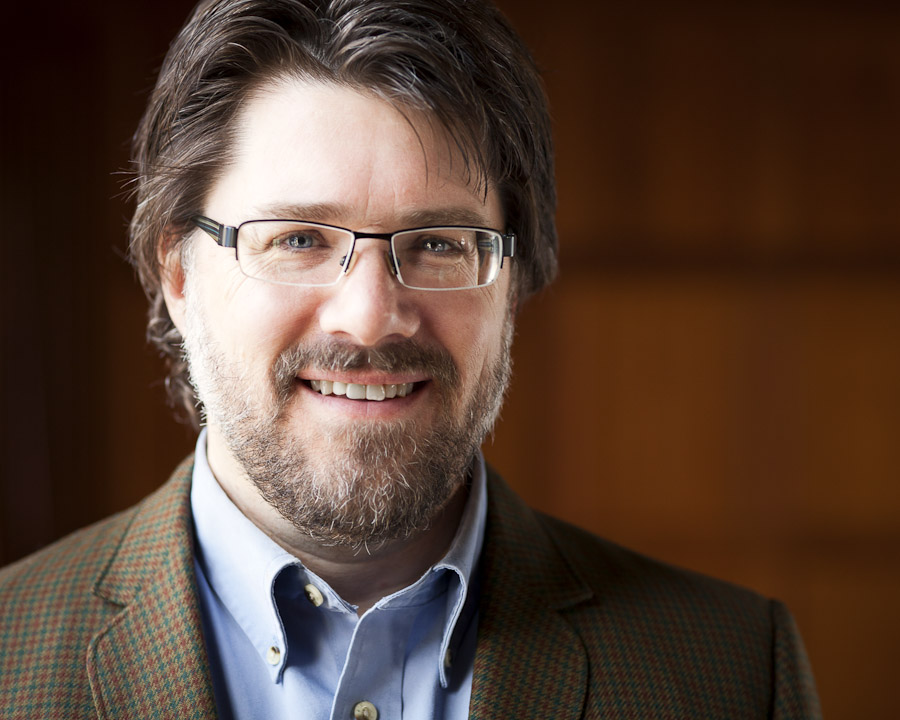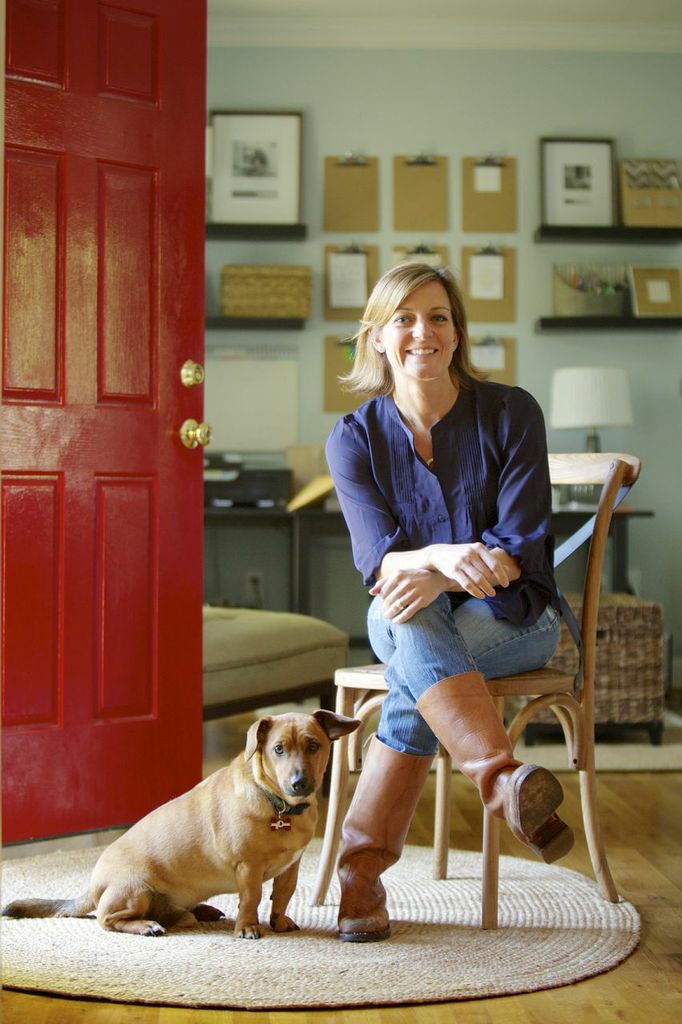Will you help support the show?
You can help me pay the bills by purchasing this useful and encouraging book!
(Already read it or feeling a bit more generous? Please use the donate button (see left column) to contribute to the show. Help me make awesome things for your ears to hear each week. Much Love & Thank you! ~L)
Podcast: Play in new window | Download (Duration: 21:39 — 29.7MB) | Embed
Subscribe to Spark My Muse Apple Podcasts | Spotify | Email | TuneIn | RSS | Subscribe to Spark My Muse

Shownotes for the Special “Ask Sparky” Episode: Responses to 5 Burning Questions
MIN
1:30
1. It’s hard to pray to God as Father when you’ve had a bad dad. What should I do?
• How do we think about God? (usually like a human person or institution)
• God is Spirit not an old white man in the sky with a long beard.
What adjectives will help you connect with the Being typically called “God”
4:00
Hebrew word for God is a description too (yahweh “I am” a verb) that was not used. Adonai was substituted and that simply means “Master/Lord” and is a term of respect.
4:30
It’s misguided to think that God can be contained or described well using a “Proper Noun”. God can’t be called a proper name/noun…like “Billy” (and that would make Jesus “Billy Jr.”).
Hebrew names are descriptive when referring to people (not how we use names to address people today).
5:00
YAHWEH (Hebrew word), means I AM (or “is”) and works like a verb denoting Presence an Love in Action. It defies typical proper names and descriptions.
5:50
2. On Forgiveness
“What should I do to forgive when I can’t forget?”
6:10
Forgiving is a continual process.
Thinking of forgiveness as transactional–a debt clearing mechanism. Be an accountant and don’t worry about your emotions being on the same page.
7:20
Remembering that you are not your thoughts.
8:00
What Justice is actually (Shalom). Making things right and reconciliation.
8:50
3. What to do about envying others (in this case writers in the field) and being jealous of their success.
9:15
Seeing the negative emotions as tools. Reframing them to use them to find our calling, gifts, and passions.
9:30
Not getting caught up in “should” and “oughts” and comparisons.
9:45
When you can say of your work, “Wow, I get to do this!” you can have enough gratitude to be comfortable with the success of others.
10:15
It’s common and normal to get feelings of jealousy. It’s only when the take over our hearts and mind do we need to reevaluate and recalibrate what we are doing and thinking.
11:00
Deciding that the options of other people and the opinions should have huge power is a choice we can change.
12:05
4. Getting over feeling guilt and shame that keeps resurfacing.
Daring Greatly Brene Brown (the difference between guilt and shame.
• Guilt is important so we can learn and correct and grow and become better people.
• Shame is a belief that something, un fixable, is wrong with you.
Shame whispers lies in your ears. Shame becomes a decision of who we are as person.
14:05
Being put to shame by parents and others.
14:50
A mistake isn’t part of who you are.
Redemption is always possible. You can start anew.
15:10
My caveat.
15:50
5. Church isn’t working for me anymore and I feel guilty leaving the church, but I don’t feel fed.
In the U.S. we often go to church as a consumers and look for what we can get out of it. Church can be piss poor.
17:00
Look for ways to give and minister and find connection in other ways.
18:00
For me, small groups were a starting point that lead me to seminary.
18:50
Bringing back the potluck and sharing life with people.
19:30
Sometimes we sense church isn’t “working” when meaningful connection is lacking.
20:30
“we” is better than “me”.
Thank you for listening and sharing the show with others. If you’ve gotten an enjoyment from Spark My Muse, come back every Wednesday for something new, or save your mental energy and subscribe!









